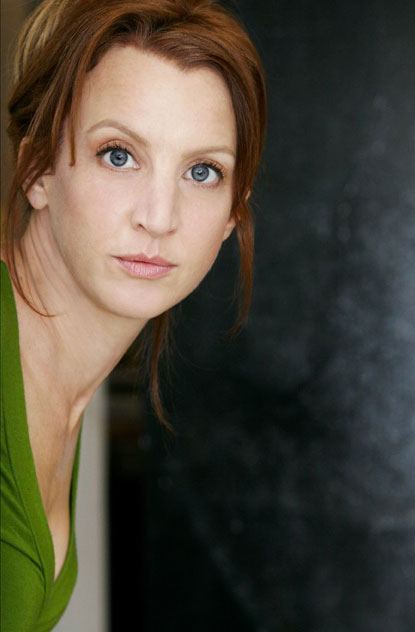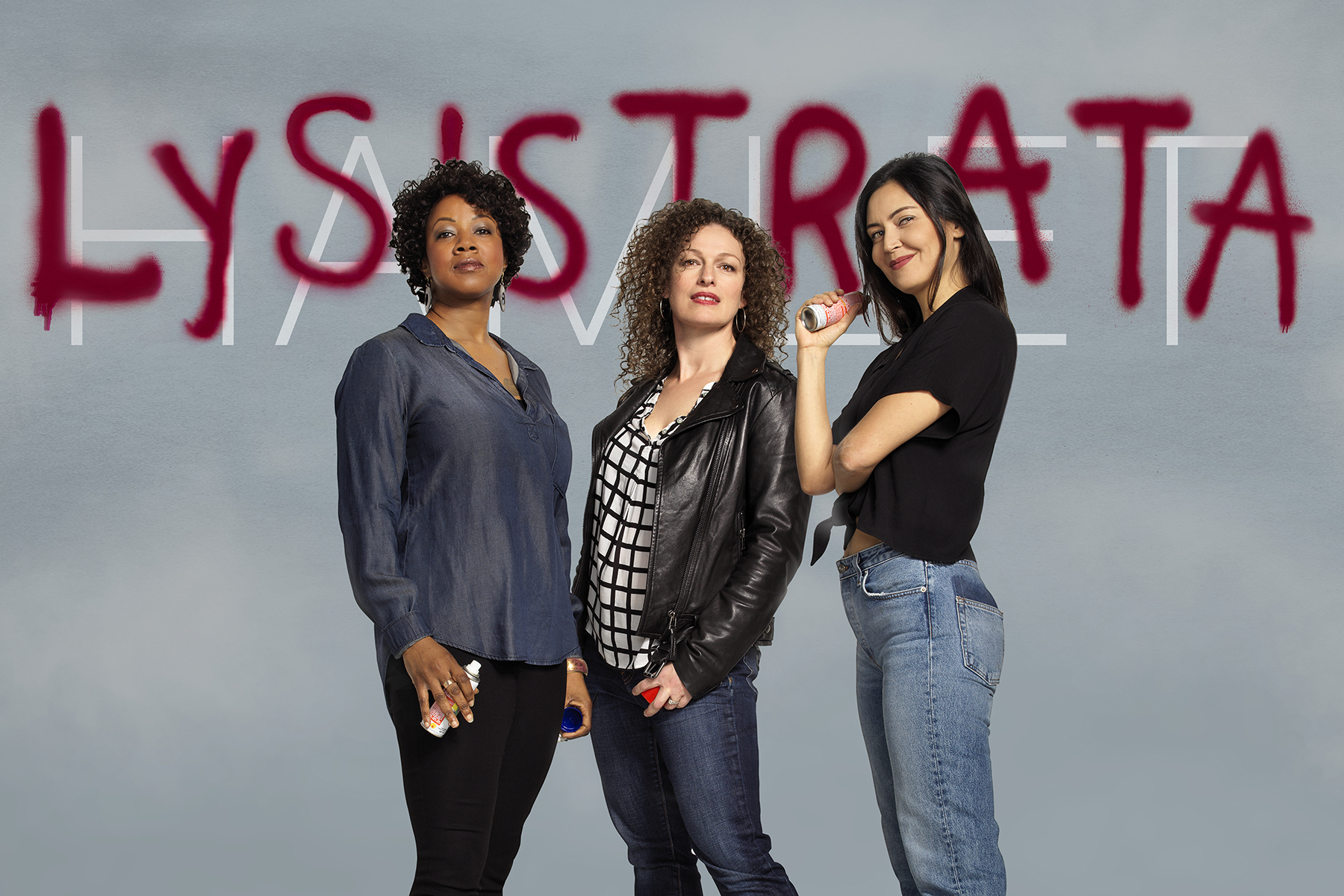
Lois Anderson is directing Aristophanes’ “Lysistrata”, a riotous comedy from 411 BC playing at Bard on the Beach from July 6th to September 13th. Her many roles at Bard have included Paulina in the “Winter’s Tale”, Viola in “Twelfth Night”, and Kate in “The Taming of the Shrew”. Anderson directed productions for Bard on the Beach, the Arts Club Theatre Company, Rough House Productions, the Leaky Heaven Circus, SFU and UBC, and is a recipient of eight Jessie Awards. We talked to Lois about her brand new production and the influences that have shaped it.
Lois, you went to High School in Burnaby, completed a Literature degree as well as a Masters in Theater Arts degree at UBC. Is there a figure from your educational career whose philosophy or approach you often think of when making directorial decisions?
I often think of two books by powerhouse women in the theatre. The first is “The Director’s Craft“ by UK director Katie Mitchell, and the other is “And Then You Act: Making Art In An Unpredictable World” by Anne Bogart. Katie Mitchell made an impression on me because of her detailed interrogation of classical script, and re-imagined staging. Anne Bogart is another source of inspiration for making a case for why theatre matters.

What influenced your vision most as you directed “Lysistrata”?
The theme of citizen action which runs through the play was a major influence in this production. The question of the role of theatre as action was also a central theme, since Aristophanes wrote this piece in the middle of a war as a comedy with political bite. To me it really speaks to the question of what issues we face in BC today.
Though the events in “Lysistrata” occurred over 2400 years ago, are there any messages from it that you think are still relevant today?
The play epitomizes the foolishness of war and the resulting destruction of community and land. War comes in many guises, and one of them is the war on the Earth.

Since “Lysistrata” is in the “Old Comedy” tradition, are there ways that you are approaching the expressions of humour in this play that are distinctly ‘ancient,’ and that could be interpreted differently today than they might have been in 411 BC?
The situational comedy of the piece is still very very funny today. But comedy always ends with the reinstating of the status quo. The question asked at the end of this production is, “how must we unsettle the status quo and move forward?”
Have your daughters inherited your love of acting and theatre?
One of my daughters is studying art at OCAD in Toronto and the other is a Literature and History student. But as they were growing up they were company members of The Leaky Heaven Circus and Runaway Moon Puppet in Enderby, and we created many pieces which incorporated our kids.
What do you look for when you decide whether or not to direct a piece?
How does it speak to today?

If you could give an award to someone for outstanding work in the arts, who would it be and what would the award be for?
I would give an award to stage management. They are the unsung heroes that manage creative process.
Is there any news on upcoming projects that you’ll be involved in following Lysistrata?
I will be directing “Much Ado About Nothing” at UBC in the Fall, and acting in “Yoga Play” by Dipika Guha at the Gateway in January.
You may run into Anderson biking and walking the beaches in Vancouver. Get your tickets to see “Lysistrata” this summer at Bard on the Beach over here!
– Cimarron Ballantyne
(@cimarron_SB)
